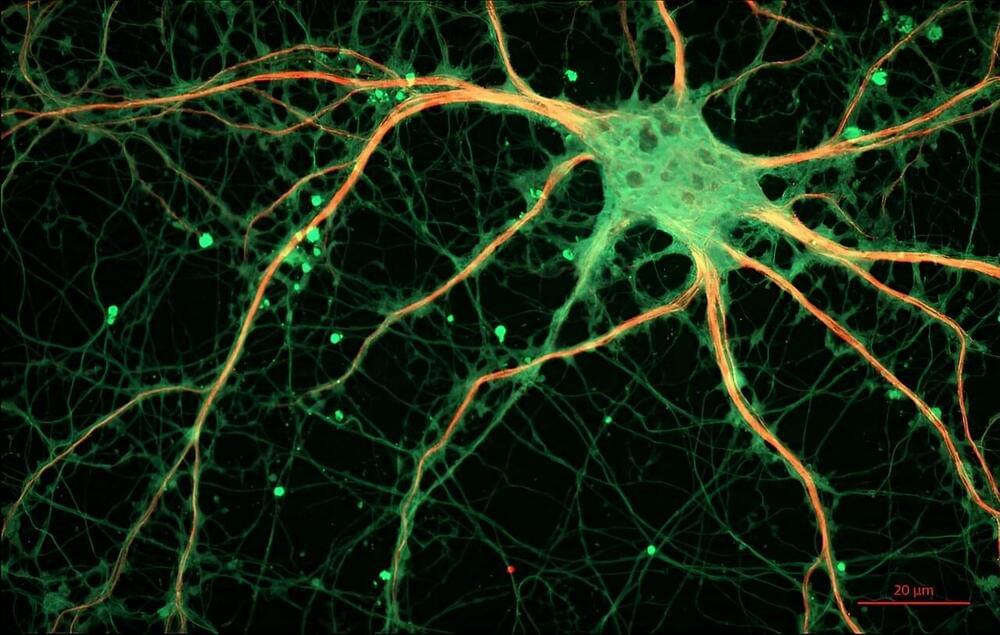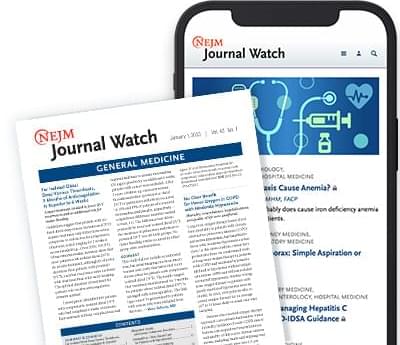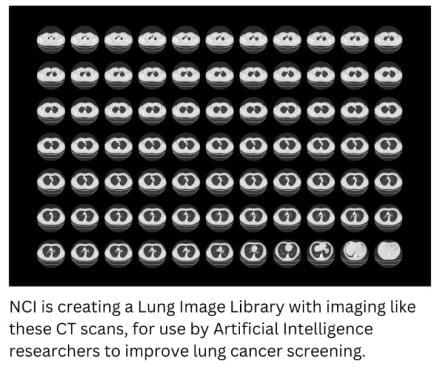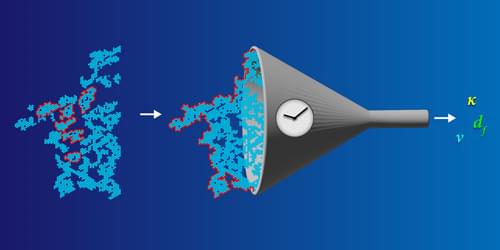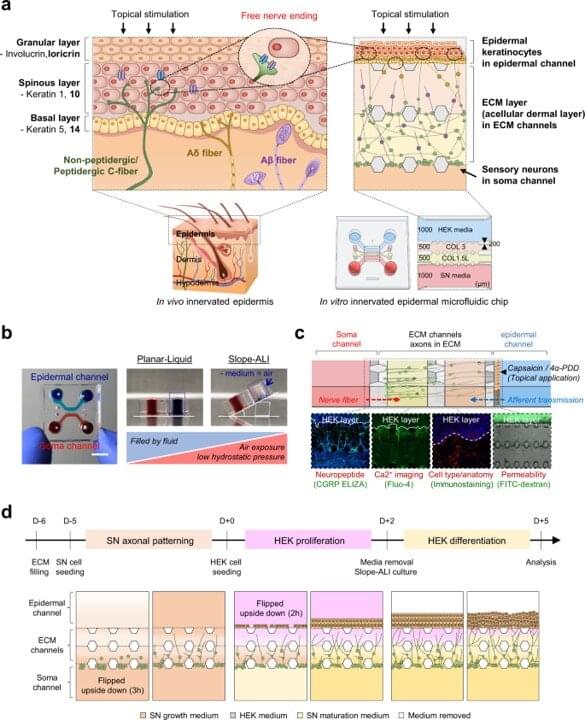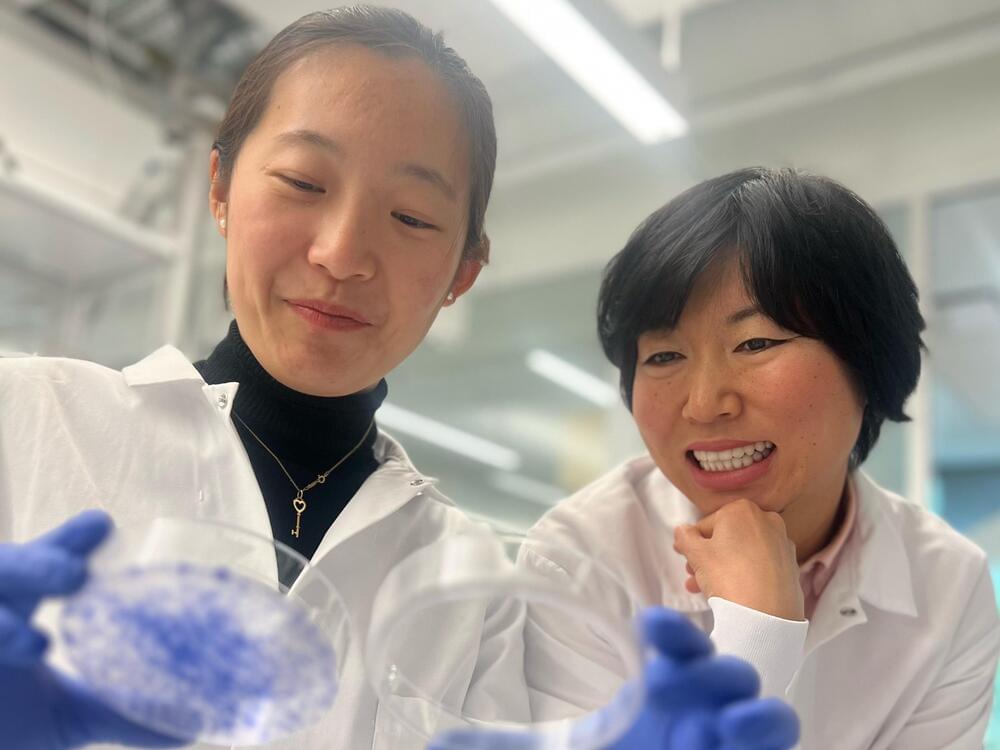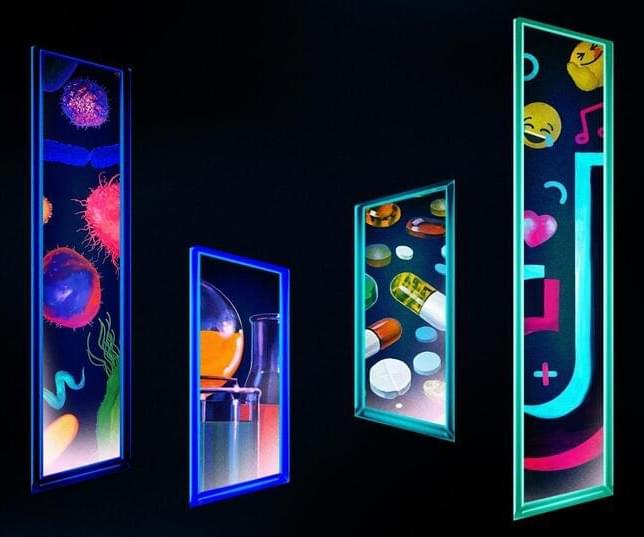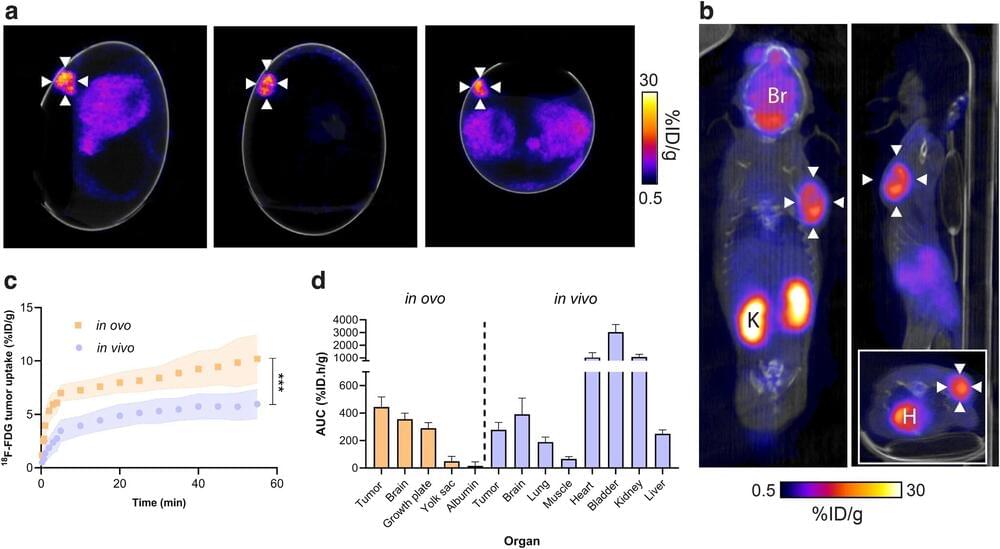Over the past decades, scientists have made substantial progress unveiling the underlying mechanisms behind many psychiatric disorders. Every year, new genetic mutations or protein dysregulations are identified as potential culprits for the symptoms and sometimes even the root causes of complex neurological diseases, including autism spectrum disorder (ASD), schizophrenia, and Alzheimer’s.
Despite these efforts, the precise roles of several proteins involved in brain function remain obscure. Such is the case for indoleamine 2,3-dioxygenase 2 (IDO2), an enzyme expressed in the brain and metabolized by the tryptophan–kynurenine pathway (TKP).
Changes in the metabolites of this pathway have already been linked to many psychiatric disorders, and genetically modified mice have been invaluable tools in such studies. However, the detailed functions of IDO2 in the brain are not known.
